Can Autism Be Cured?
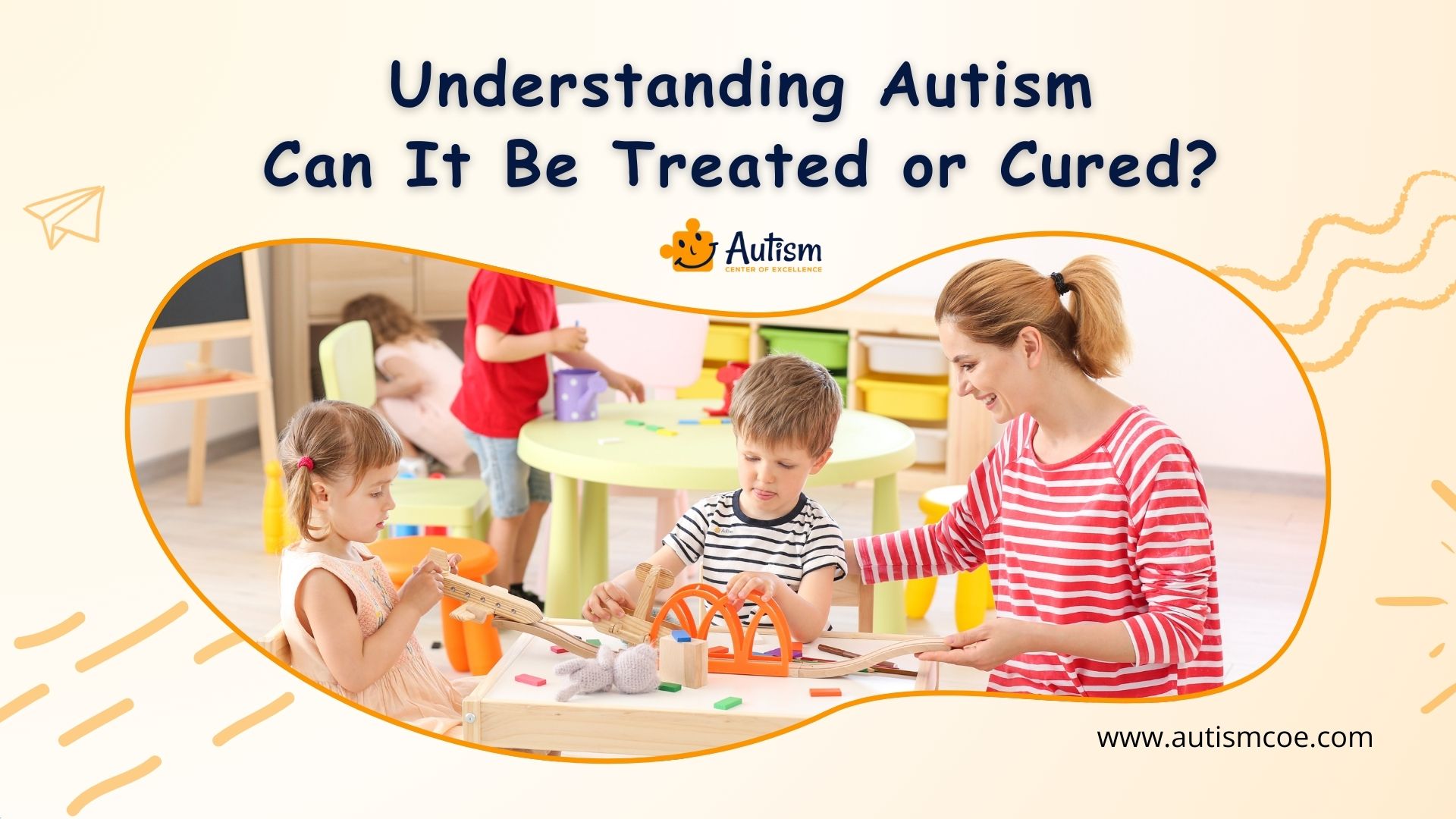
Welcome to a journey of understanding autism: a unique condition touching the lives of millions of children worldwide, each in strength and challenges. Autism, or Autism Spectrum Disorder (ASD), is simply defined as a spectrum of neurodevelopmental differences that touch and change how people experience the world and interact with others. If you are a parent, caregiver, or educator at some point in your life journey, you ask whether autism can be cured. Now, there is no “cure” for autism; however, the past few decades have demonstrated that most individuals on the spectrum can lead richly fulfilling lives if proper Support and Intervention are provided.
Together, let’s explore what autism means, the diverse ways it manifests, and how we can nurture and support our loved ones in their journey. Understanding the nuances of autism is crucial for fostering acceptance and creating an inclusive environment where everyone can thrive.
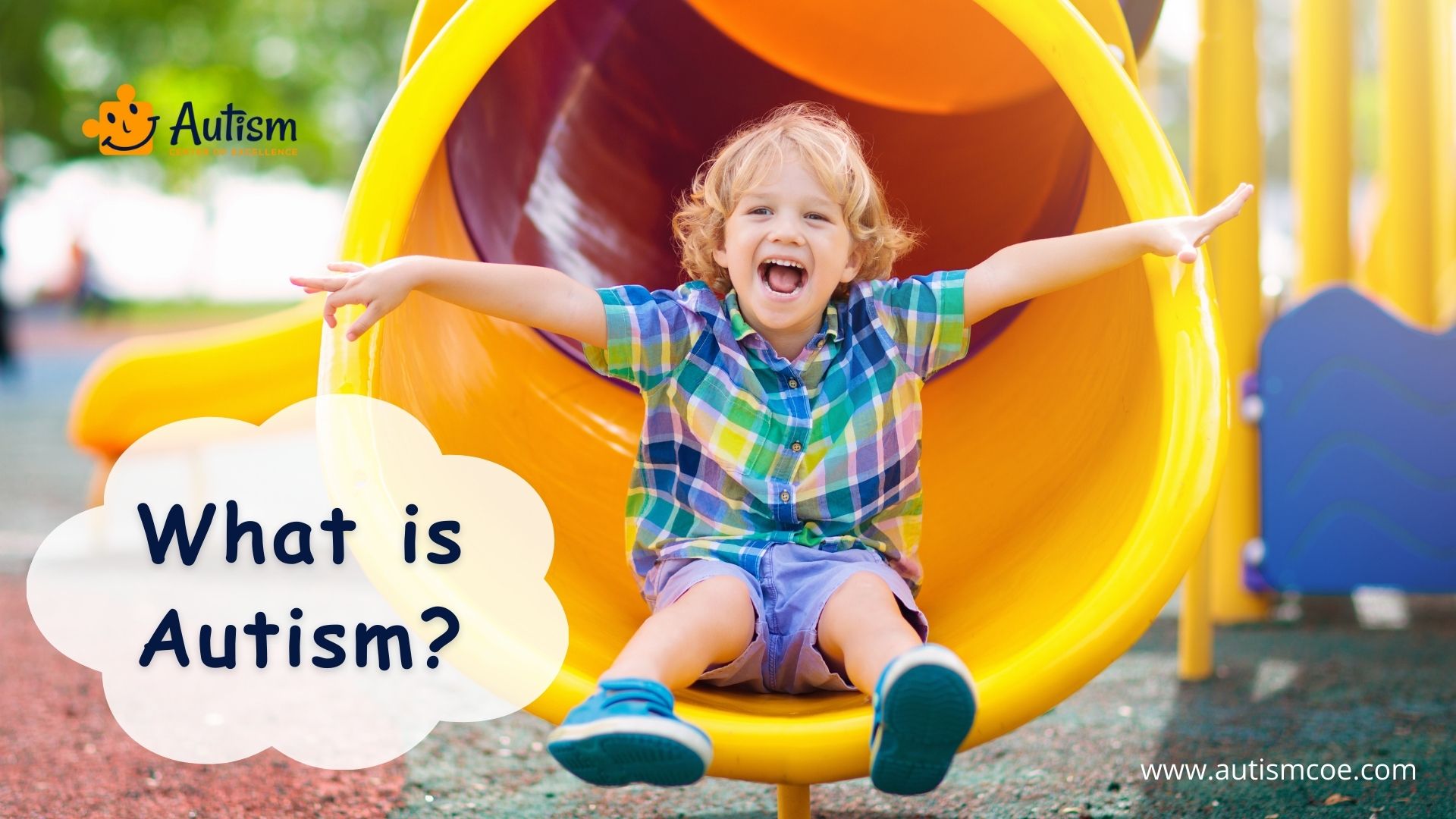
Understanding Autism
A developmental difference, autism is like another way to see the world – offering a view that many may not fully understand. Autism is not an illness; it’s a general difference in the way an individual communicates and gets along with those around them. Imagine if you had a superpower to notice all those little details and nuances that others might miss. It could be a change in someone’s mood or a fascination with an intricate pattern.
However, this heightened awareness can sometimes be a great problem: on the autism spectrum, it can often be hard for individuals to verbalize what they are feeling inside or negotiate social situations that might appear effortless to others. For some kids, it brings a world in vivid detail; for them, it also represents a great need for ways to bridge the gap between their inner thoughts and their physical expressions. Understanding and support from family, friends, and the community can make a significant difference in helping them thrive.
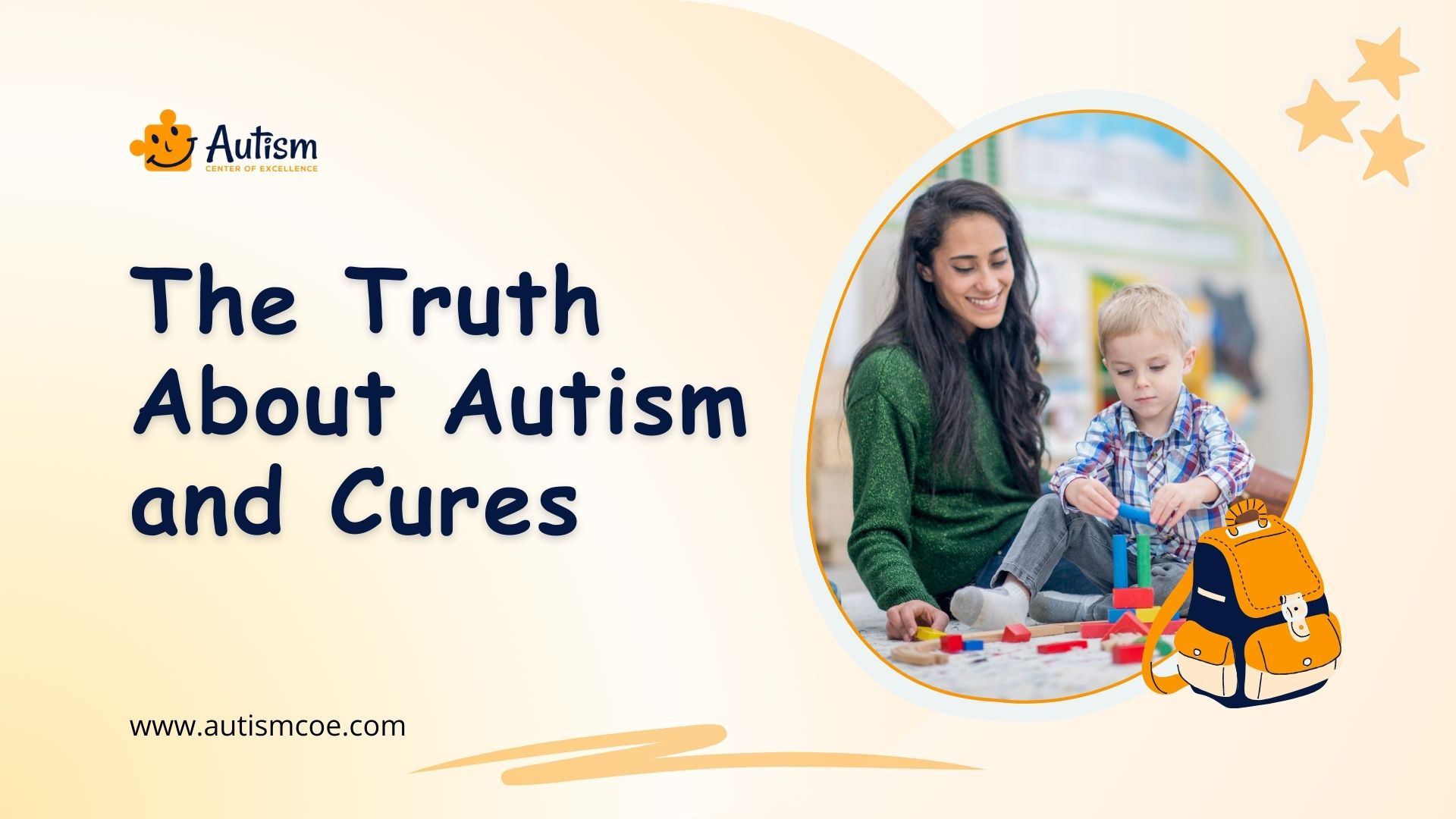
Is There a Cure for Autism?
Autism is often Misunderstood in society, leading to the common question: it cannot be cured, but we sure can help children with autism thrive in their unique ways. We should approach autism as a different way of being rather than something that requires healing. If we assume this approach, then we can build a better and more inclusive environment, The focus should be more on giving these children the right support and therapies for their needs.
- Embrace autism as a unique way of experiencing the world.
- Prioritize support and therapies over the concept of a “cure.”
- Focus on individual strengths and abilities.
- Encourage community understanding and acceptance.
- Collaborate with professionals for personalized care plans.
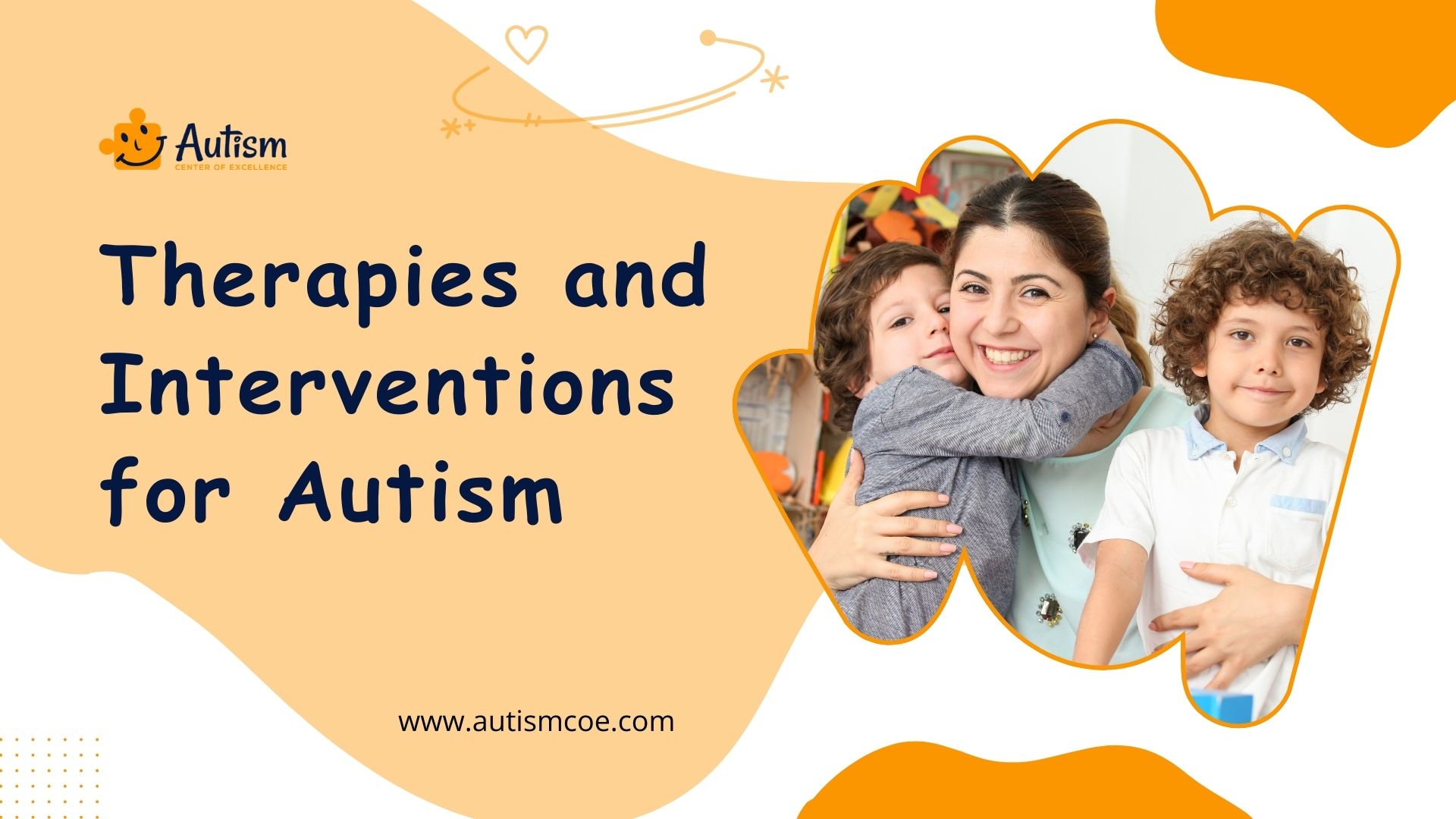
How Can Autism Be Treated?
Even though autism is not curable, there are multiple ways one can Support Children with Autism, so they develop in the best way possible given their environments. The Autism Center of Excellence offers an array of fantastic services, each tailor-made to meet the needs of every individual child. These include Center-Based ABA Therapy, which offers very structured learning in a protected environment; School Readiness programs prepare kids with essential skills to have a more effortless transition into school settings; Early Intervention services target foundational skills to develop as early as possible; and In-Home ABA therapy allows for personalized support in the safety and comfort of their surroundings.
These services become important building blocks to help the children learn new skills and build confidence. Meaningful friendships also occur. Of course, this is about empowering them to be their best selves and making sure that they have all the tools needed to navigate the world around them successfully!
Enjoying Reading?
Join Our Weekly Newsletters!
Subscribe now to stay updated with our latest email updates.
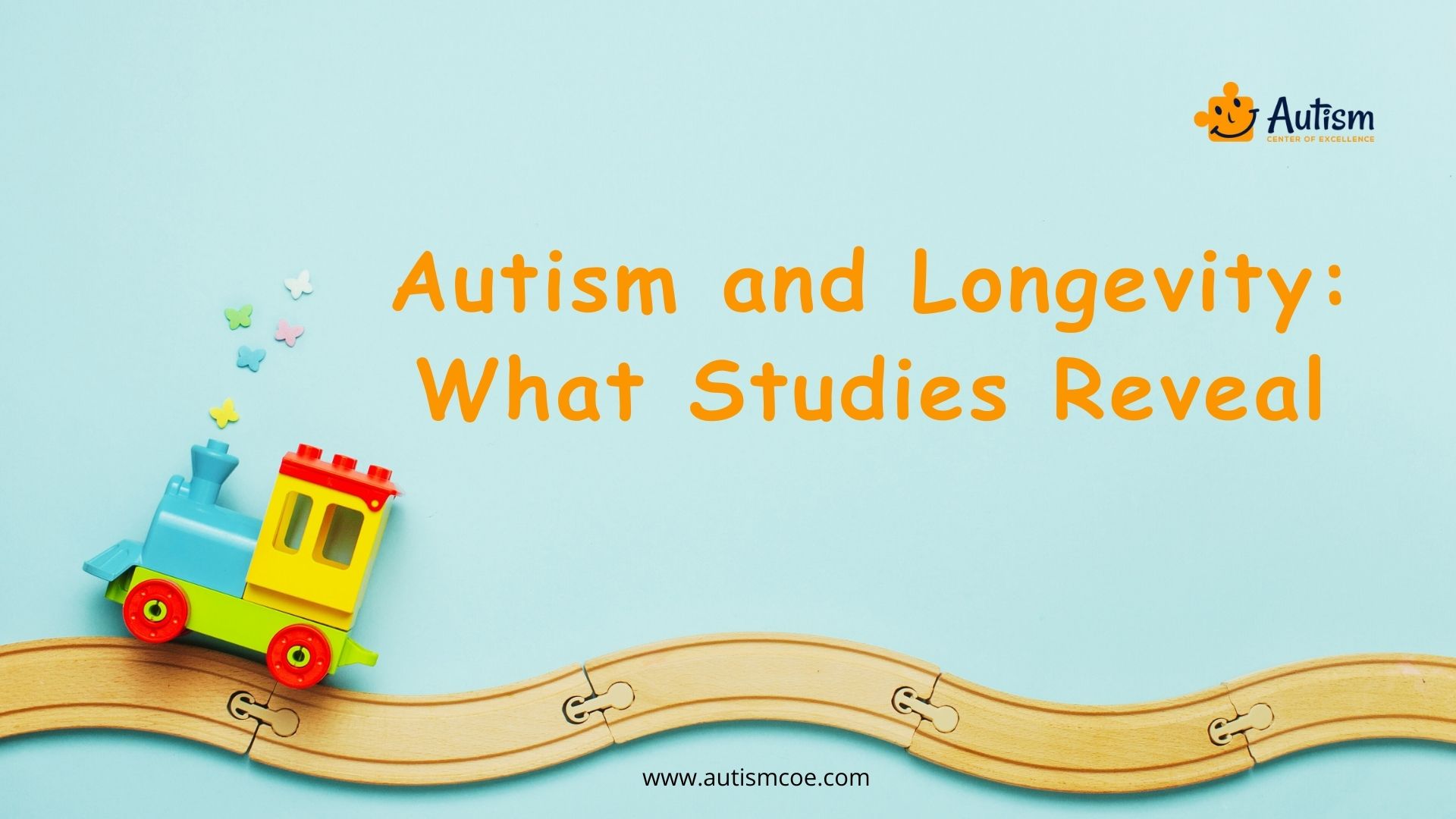
Does Autism Impact Lifespan?
It is natural to feel anxious about what the future holds, especially when it comes to learning about autism and what it means. However, it should be remembered that autism does not in any way shorten or cut off the life of a person prematurely. If support structures are available interventions adapted to need, and favorable environmental surroundings, autistic people can lead long lives and live the good life. Access to educational resources, Social Opportunities, and community involvement are just a few of the essential steps for your growth as an individual.
We must strive for a world that not only tolerates but allows the strength and capacity of those with autism to flourish and truly succeed in life or both in relationships and careers. Creating an inclusive understanding will help break the stigma around a condition like autism and prepare for a much more empathetic world.
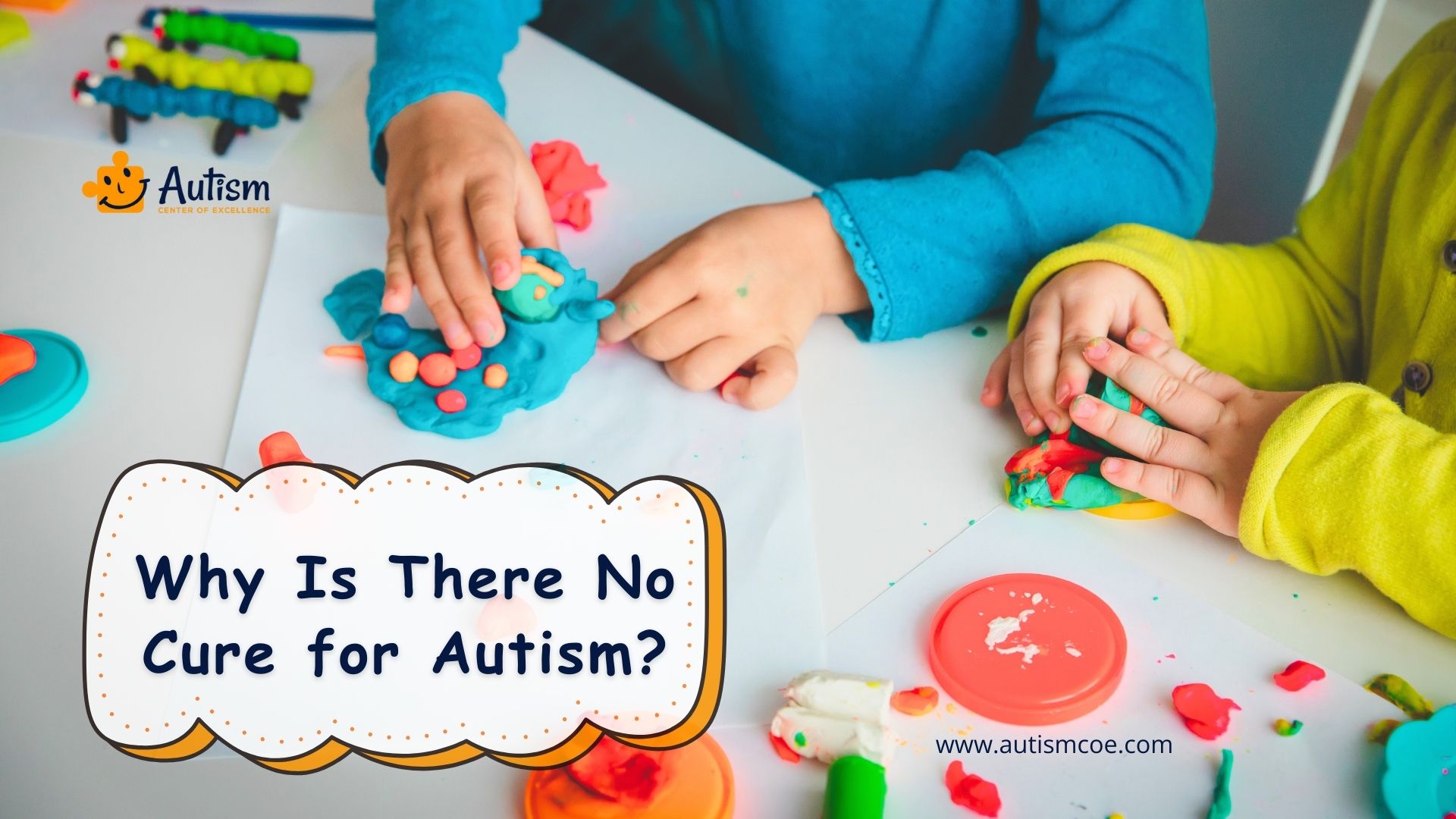
So, Why Can’t Autism Be Cured?
Well, think of this in terms of you having a different version of the operating system on your computer. This is not something to be fixed-it’s just about being understood and appreciated. Autism is a very personal way to see the world, and that’s not something to be mistaken for the child. As one would not wish to change the color of their eyes nor the very basis of who they are, so for many with autism, being different is celebrated. They experience challenges and interact in ways that are uniquely challenging and yet, at the same time, easily troubling. Such understanding fosters acceptance and helps create a society with greater inclusion for everyone.
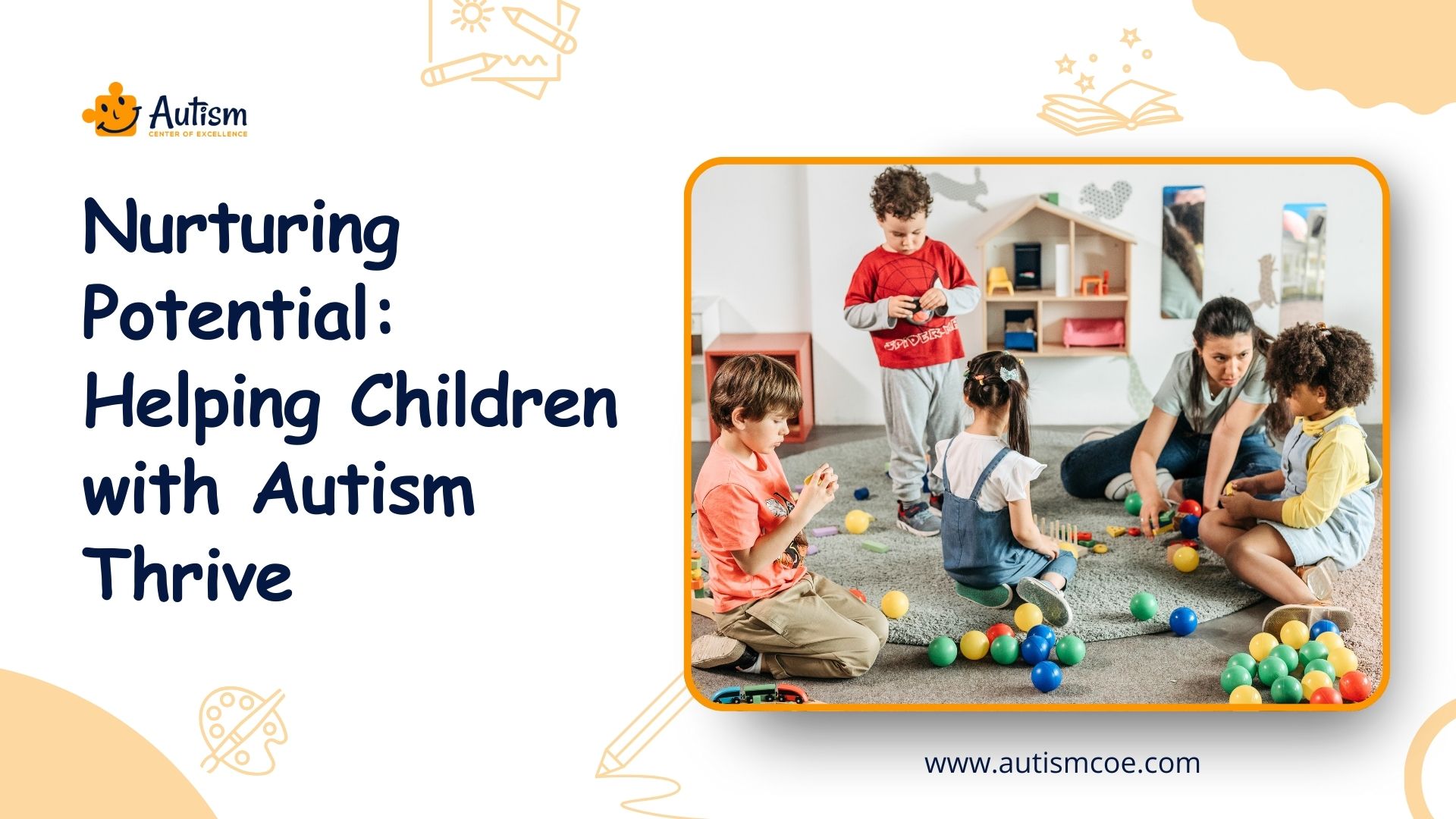
Supporting Growth and Development in Children with Autism
Autism is a lifelong condition: though children with autism develop very differently from their peers, they can, by providing them with the right support and resources, learn to develop new skills, Improve Communication ability, and subsequently have better connections with family, friends, and the community.
It will not be a one-size-fits-all intervention, as it is a complex condition without a cure. Instead, this support will come in many forms – special therapies, educational interventions, and nurturing environments that encourage and allow for exploration and social interaction. Growth and development are essential instead of the cure; each child’s journey may be unique, but it has the potential to continue growing, improving, and thriving. Focus on their strengths, along with celebrating minor victories, makes all the biggest differences in their quality of life.
Frequently Asked Questions & Answer
How Many Autism Disorders Are There?
Autism is a spectrum disorder, meaning that it is not better explained by multiple distinct “disorders” but rather by a range of conditions that vary in terms of their severity and presentation. These are often referred to under the term “Autism Spectrum Disorder” (ASD), which includes levels of support needs. The spectrum ranges from Level 1, requiring support, to Level 3, requiring very substantial support, reflecting the diversity of autism rather than separate disorders.
Can Autism Get Better Over Time?
Early signs of mild autism can be communicated in forms of poor social skills; such children lack the ability to make eye contact, understand social cues, and will not play cooperatively with peers. It is also likely to have some specific and intense interests, prefer routines, and even show repetitive behaviors like hand-flapping or rocking.
Will We Ever Be Able to Cure Autism?
Now, no cure is known yet to exist, and the scientific community is focused on understanding the genetic causes and environmental influences which lead to these issues. Many researchers and advocates recommend attention instead of directing research toward seeking a “cure”; that attention be sent toward better support, therapies, and inclusion in order to help increase the social presence of individuals with autism. Despite ongoing research into how best to support individuals with autism, a “cure” is unlikely to be found and is a complex, therefore much-debated, topic.
Can an Autistic Child Live Independently?
In fact, most autistic individuals can gain considerable independence if they receive proper early intervention and continuous support. The amount of independence a person with autism can have is subject to the variety of each individual’s unique ability levels and support needs. Some require no help at all, while others may even need substantial assistance in regard to living independently. Building life skills, vocational training, and ongoing support can all help an individual to achieve a level of independence that best suits their abilities and their goals.
Conclusion
In the end, the focus shouldn’t be on curing autism, but rather on accepting and supporting the unique individuals who live with it. Each one of them has got their strengths, their way of looking at the world, and problems that form them as unique characters, and we must embrace the differences. If we provide enough love, some level of understanding, and the right type of care from organizations like the Autism Center of Excellence, autistic children can lead wonderful, fulfilling lives.
These centers provide individually tailored resources, therapies, and community support that catalyze the ability of these people to live with the education system and beyond into social life. Let’s praise how wonderful it is that they see the world and nurture how precious they can be to society!
Please Note: The content of this blog is for informational purposes only and should not be considered a substitute for professional medical advice, diagnosis, or treatment. Consult a qualified healthcare professional for personalized guidance tailored to your specific situation.

Bhavika Bhasin
Bhavika Bhasin is the Research and Marketing officer at AutismCOE. She works with children and adults with ASD. Her clinical research includes evaluating various available autism screening and diagnosis methods and their efficacy. She is currently developing a novel screening exam that is indicated to be more accurate than the existing available exams. She is also writes articles papers for various publications.

